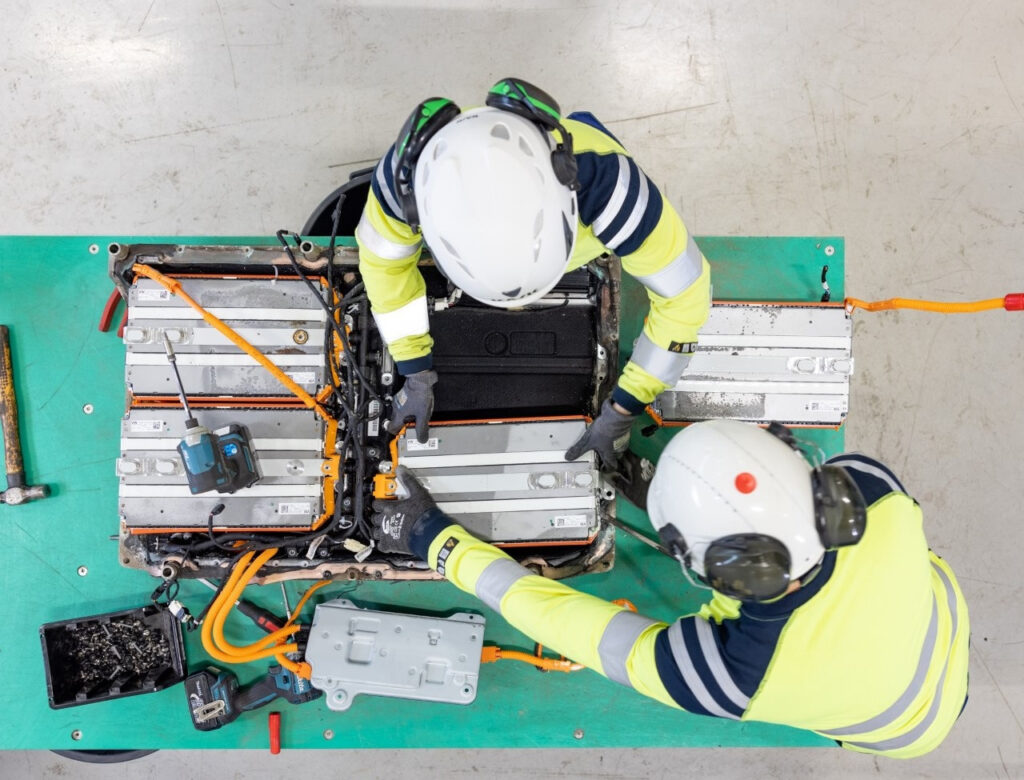Swedish automaker Volvo Cars has partnered with Breathe Battery Technologies to use its charging software, which reduces charging time, on Volvo’s electric vehicles (EV).
The car manufacturer estimates the software will reduce customer charging time by up to 30% while maintaining the same energy density and range.
Moreover, the charging time improvements will last across the full battery life cycle without impacting its health status.
According to Volvo Cars, the software uses algorithms to manage the charging process in line with the battery’s health to deliver the best driver experience while avoiding the risk of lithium plating, which can harm the battery’s performance and lifespan.
The charging time reduction will, however, differ depending on the type of battery pack, with testing having indicated a reduction range of 15% to 30%.
This partnership represents the latest investment by the Volvo Cars Tech Fund, Volvo Cars’ corporate venture capital arm.
“The investment and commercial partnership with Breathe helps us address a familiar pain point for electric car customers and makes our charging performance even more competitive,” said Ann-Sofie Ekberg, CEO of the Volvo Cars Tech Fund.
“Faster charging times, in the range where customers typically fast charge, represent a major step in the right direction as we continue to boost electric mobility and make it available to more people.”
Charging at speed
Algorithm-based software like Breathe’s new technology will likely appeal strongly to UK-based EV drivers, who are increasingly reported to find public EV chargers unreliable.
EV charging solutions company Manta Ray EV released results from its 2024 EV Driver Study, which included the revelation that 43% of respondents said public chargers are unreliable.
Furthermore, 64% of respondents would not queue at a public charger but would instead look for another.
In addition, the UK government’s target of at least six rapid or ultra-rapid chargepoints installed at every motorway service area in England by the close of 2023 was missed by 61%.
According to new research by the RAC, just 46 of the 119 motorway services it reviewed on Zapmap have a target number of EV (electric vehicle) chargers above 50kW. Eighteen service areas have no charging above 50kW, with four – Leicester Forest on both sides of the M1, Tebay South on the M6, and Barton Park on the A1(M) – having no charging infrastructure at all.






